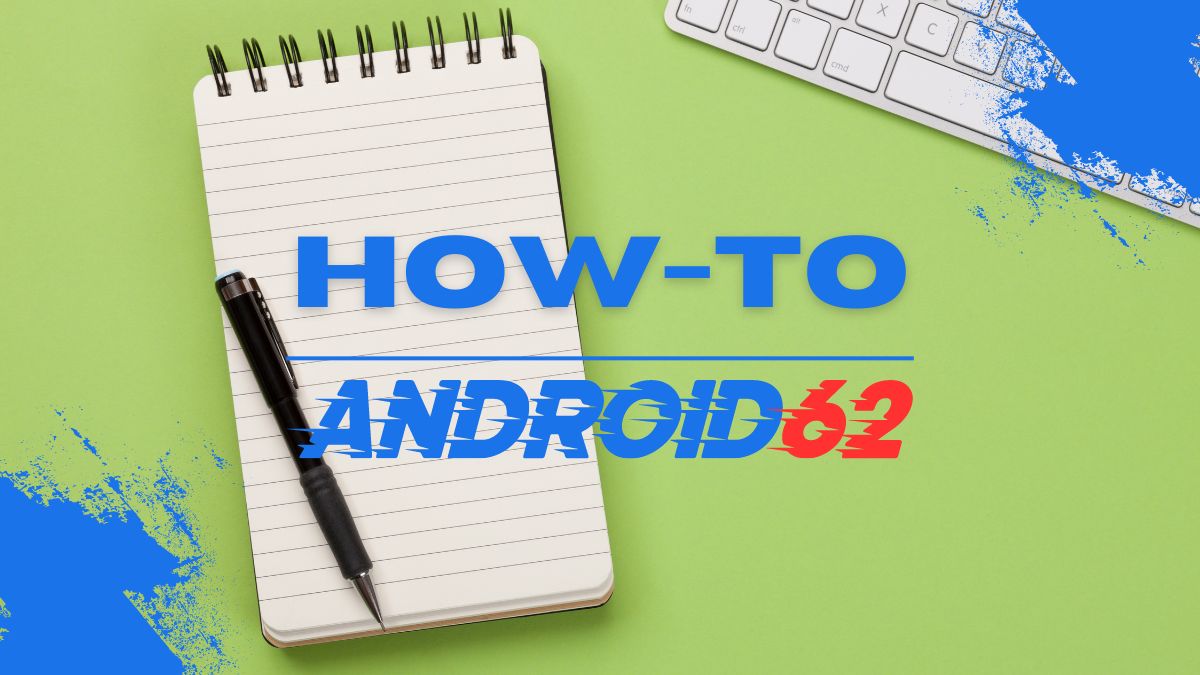
Proof of address is a vital document required for various purposes, such as opening a bank account, applying for a loan, or getting a driver’s license. While traditional utility bills are commonly used as proof of address, there are other alternatives available for those who do not have bills in their name. In this article, we will explore different methods to obtain proof of address without bills.
1. Bank Statements
Bank statements are a reliable form of proof of address as they show your current address along with transactions. You can request a printed bank statement from your bank or download an electronic version from your online banking portal. Make sure the statement includes your name, address, and account details.
2. Lease Agreement
If you are renting a property, a lease agreement can serve as proof of address. Provide a copy of your lease agreement signed by both you and your landlord to demonstrate your current residency.
3. Employer Letter
An employer letter stating your current address can be accepted as proof of address. Ask your employer to provide a letter on company letterhead confirming your residence.
4. Government ID
If you have a government-issued ID, such as a driver’s license or passport, it can also be used as proof of address. Some IDs may display both your photo and address, making them a valid form of verification.
5. Voter Registration Card
A voter registration card is another document that can be used to verify your address. It is issued by the government and can be presented as proof of residence.
6. School or College Enrollment Letter
If you are a student, a school or college enrollment letter can serve as proof of address. The letter should include your address and enrollment status as a student.
7. Insurance Policy
An insurance policy document that includes your address can be used as proof of residency. This could be an auto insurance, health insurance, or home insurance policy.
8. Affidavit of Residence
If none of the above options are available, you can create an affidavit of residence signed by a homeowner or landlord who can verify your address. This document attests to your residence at a specific location.
9. Residence Certificate
In some cases, you may be able to obtain a residence certificate from your local government office. This document confirms your address and can be used as proof of residency.
10. Notarized Statement
A notarized statement declaring your address and signed in the presence of a notary public can also serve as proof of address. This adds an extra layer of authenticity to your verification.
11. Validity and Acceptance
It’s essential to check the validity and acceptance of the alternative proof of address documents with the organization or institution you are submitting them to. Different entities may have specific requirements regarding proof of address.
12. Additional Tips
- Ensure that the document you choose clearly displays your name and current address.
- Make copies of the proof of address documents for future use.
- Keep your documents up to date to avoid any issues with verification.
- Verify with the concerned authorities if the alternative document is acceptable before submitting it.
Conclusion
While utility bills are commonly used as proof of address, there are several alternatives available for individuals who do not have bills in their name. By utilizing documents such as bank statements, lease agreements, and employer letters, you can successfully provide proof of residency. Remember to check the validity and acceptance of the alternative documents with the relevant institutions. With the right documentation, you can fulfill the proof of address requirement for various purposes.



